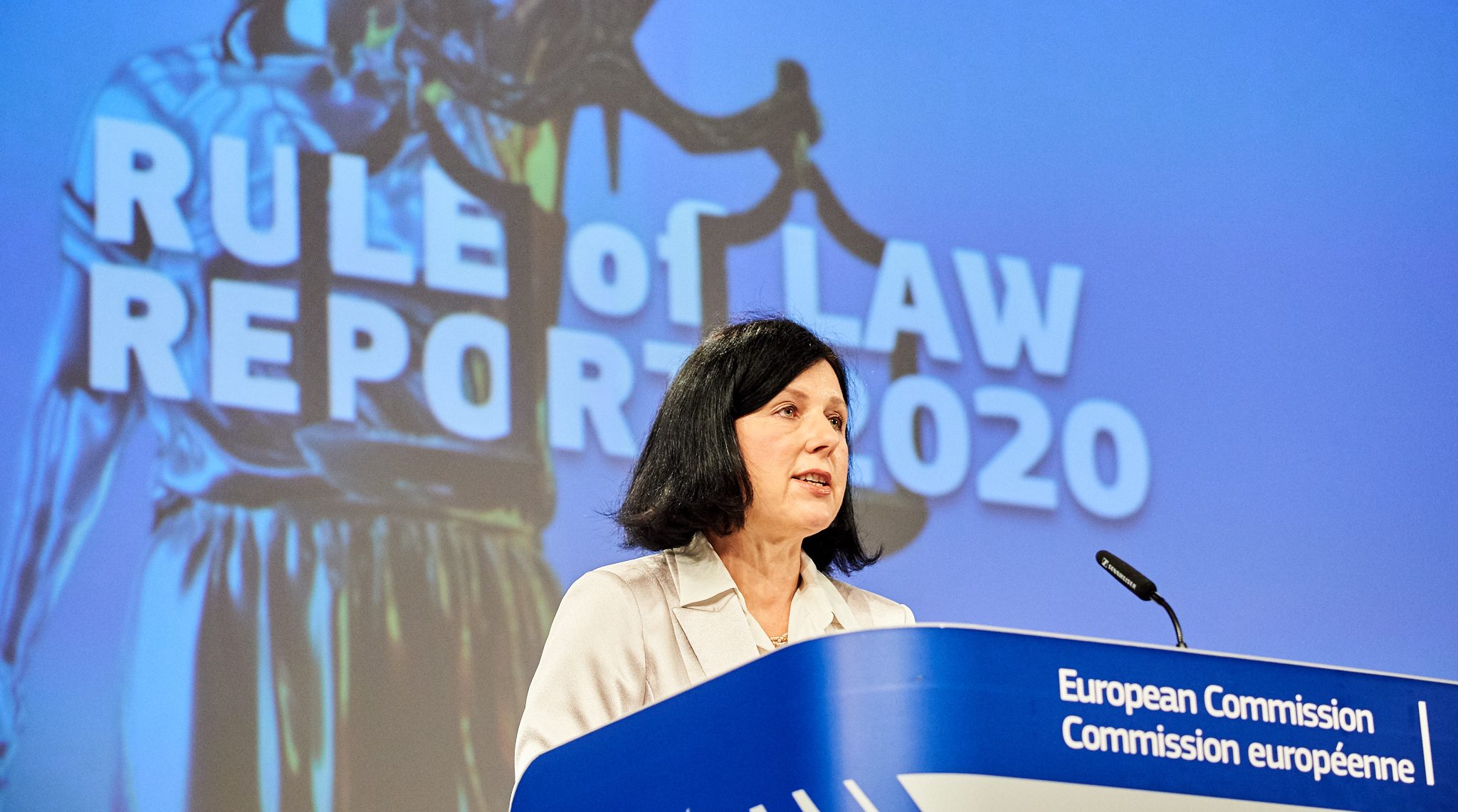
According to the government's outlook, Hungary could avoid recession in 2023 and public debt could decrease even further.Continue reading

In the podcast called The Bold Truth About Hungary, Finance Minister Mihály Varga was the guest of Zoltán Kovács, Secretary of State for International Communications and Relations at the Prime Minister’s Office. Among other things, the Finance Minister spoke about the Hungarian tax system, the government’s economic goals, and the expected EU funds.
According to Mihály Varga, the whitening of the economy is already visible in tax revenues, which have been steadily increasing in recent years. “Paradoxically, we have been able to prove that a lower tax rate can lead to higher revenues for the state, and while the economy is becoming more competitive, we have also been able to expand the system of state subsidies, aid, and programs,” he pointed out.
The Finance Minister said that 2023 would be the most risky year in Hungary since the regime change, so “we need to reduce risk and build reserves.” He added that the government’s aim is to create a workable, financially secure environment by protecting jobs, preserving the real value of pensions, and maintaining the protection of public finances.
He also mentioned that in recent years, foreign capital inflows into the Hungarian economy have set records, and a record has also been reached in terms of reducing taxation as a share of GDP. “Looking back over the past thirteen years, I can say that the Hungarian economic model has been successful and efficient,” the minister said, recalling that
in 2010, Hungary was still referred to as a country on the brink of bankruptcy, but in 2019, the Hungarian economy has grown at the fastest rate in the European Union.
“If I take our most important tasks, then I have to say that the demographic issue is the most important one for this nation,” the Finance Minister continued, adding that if we run into the next ten to twenty years with a declining population, we will also cause serious, difficult-to-manage damage to the economy.
Varga also spoke about the Russian-Ukrainian war, saying that the prolonged war and sanctions have challenged the Hungarian economy and society. Among the challenges, he said, was the lack of EU funding for Hungary. According to him, by withholding funds, Brussels was interfering in economic competition between countries and was “holding back, hampering” Hungary’s competitiveness. Despite this, the Hungarian economy was able to grow by 4.6 percent in 2022, he pointed out.
As the Finance Minister highlighted, the most important goal of the budget is to maintain the protection of public finances, and a very significant deficit reduction is also expected, as the deficit is planned to be 3.9 percent this year, after 6.1 percent last year. He said that the Hungarian government had made quick decisions to maintain the level of protection of the budget even during the crisis.
Featured photo via Twitter/Vera Jourová